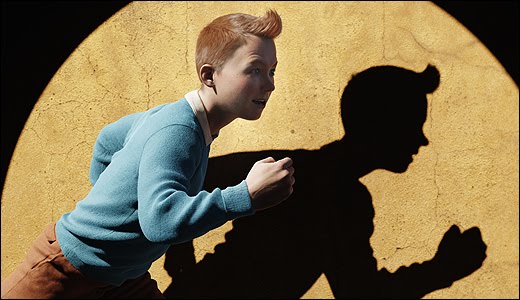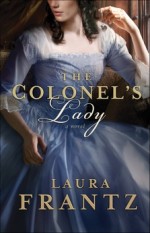
I was completely wrong. Every twist and turn in this surprisingly mysterious and enigmatic tale of life in a small Montana town bereft of the gold-mining fortune once predicted was compellingly readable. From the moment the first steamship catches fire and our heroine, Fannie Rousseau, is forced to alter her course, I knew that I had stumbled upon a deceptively simple book with a wealth of goodness inside. Not just goodness in the traditional Biblical message it inferences ( especially through the boat hand, Lamar Davis and Samuel Beck, a would-be parson en route to find his sister); but goodness in its unraveling of a thoroughly unexpected yarn. Indeed, the action really picks up when the story takes a complete curve: leaving all anticipation of a regular, hum-drum, steamboat adventure novel in the dust.
I was most captivated by Miss Rousseau's time and developing friendships in the crudely primitive rivertown, Fort Benton. The narrative involving Fannie's steamship carriage is well-knit: especially when Whitson threads it with the obvious research she did before setting to write of life on the river. The motif of Great Expectations, a book mentioned numerous times on the novel seems an apt reflection of Fannie's change of circumstance: from upward nobility to orphan on the brink of familiar ruin. Fannie's desperation to understand her deceased mother and to hopefully forge a new relationship with her lost aunt is touching. It parallels Samuel Beck's own search for his sister: abused and injured at the hands of their abusive father.
The themes of makeshift family and of circumstances changed to humble Fannie's upbringing are endearing to read. Solid characterization helps paint Whitson's novel in three-dimensional light. While Whitson does hold back on the italicized prayers (thank heavens), she does infuse her story with a solid Gospel offering in the old fashion "sinners repent"/come ye hither way. It is a delight not to find the Biblical themes convoluted or deeply and subtly ingrained: rather blatantly flashed as they propel the story forward. When Fannie finally learns how her prejudice has led to misgivings on true character, she is able to view her new life in Fort Benton in a new light. Moreover, as Samuel Beck leans more on the simplest of Biblical messages with a jubilance that loans itself to his boy-like wonder ( learning Jesus is coming back, setting up a makeshift service in a brothel wherein the sweetest of scripture and a few well-known hymns move his unlikely congregation, the aid of a freighter willing to help on a journey due to Samuel's being able to recite the Shepherd's Psalm he used to know) and packs a punch as it unfurls the deeper spiritual context of the story.
I was really impressed with this book; mostly because it's cover and backplot are as ironically deceptive as some of the outward appearances of Fannie's numerous and colourful encounters.
As for the romance plot, it is not as easily threaded as expected as not one, but two worthy suitors flood the pages and the reader is unsure which would be best suited to our newly intrepid heroine.
I highly recommend this book and I thank Whitson for unintentionally calling me out by the strong words within her covers. I honestly thought I was settling in to a by-the-numbers Christian romance wherein I solidly believed I could unravel the outcome. I was thoroughly wrong as her novel aptly took some surprising turns, is influenced with a well-plotted Gospel theme or two and is old-fashioned in its testimonial spunk. For those who love Love, there is a sweet theme wherein Fannie and her friend Minette describe finding love as an answering echo.
My thanks to Bethany House for the review copy.
Visit Stephanie Grace Whitson on the web
Buy A Most Unsuitable Match on amazon






























